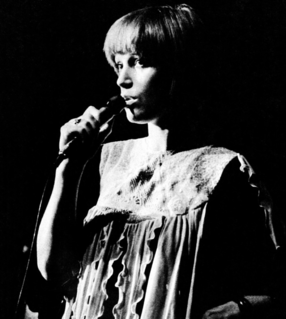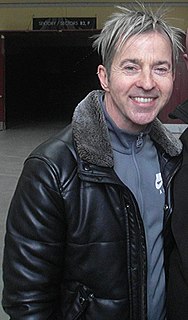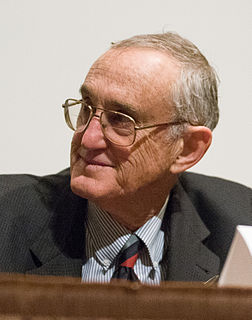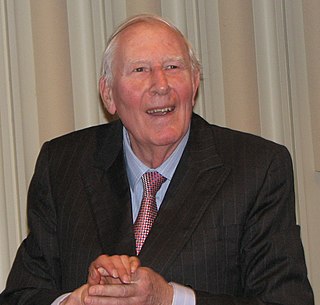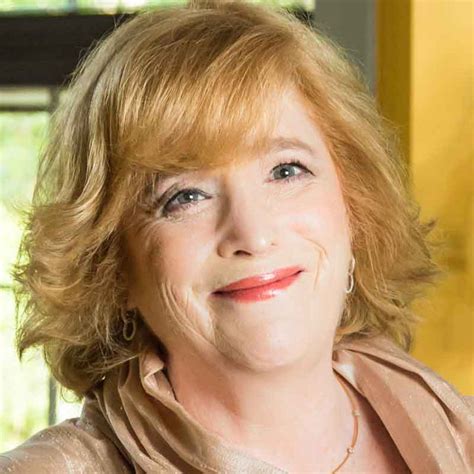A Quote by Udo Kier
I had such a horrible childhood. My father was already married with three children when I was born and my mother didn't know. So we grew up poor. We had no hot water until I was 17. I went to work in a factory, and worked and saved for months until I had the money to come to England.
Related Quotes
I had a tough childhood, yes. I was born in rural Bangladesh to parents who had had no education beyond high school. We moved to the UK where I grew up in poverty, in some of the worst conditions in a developed economy, before moving to the projects - heaven - and I went to unremarkable schools before going to university. My father was a bus conductor first and then a waiter, and my mother a seamstress.
I didn't major in anthropology in college, but I do feel I had an education in different cultures very early on. My parents divorced when I was eleven, and my father immediately married a woman with three children and was with her for five years. When they got divorced, he immediately married a woman with four children. In the meantime, my mother married a man who had seven children. So I was going from one family to another between the ages of eleven and eighteen.
My mother is Afro-Caribbean and my father is Caucasian-American, and I was born in Pennsylvania and moved to the Cayman Islands when I was about 2. So I grew up there with my mother, and it's really all I know. I grew up there until it was time to go to college, and that's when I moved back to America.
My family supported me. I wasn't hot-housed at all as a young child; I didn't go to any kind of gifted school. They didn't exist in the very poor parts of England when I grew up in the 1980s. I had a great time to learn, had access to libraries and teachers who were patient and enthusiastic when I showed ability in some subjects.

